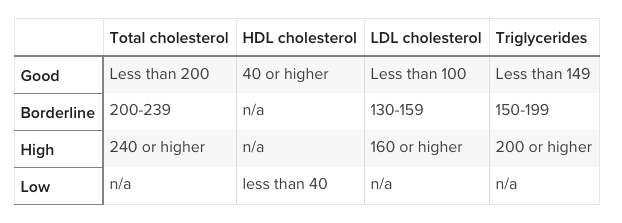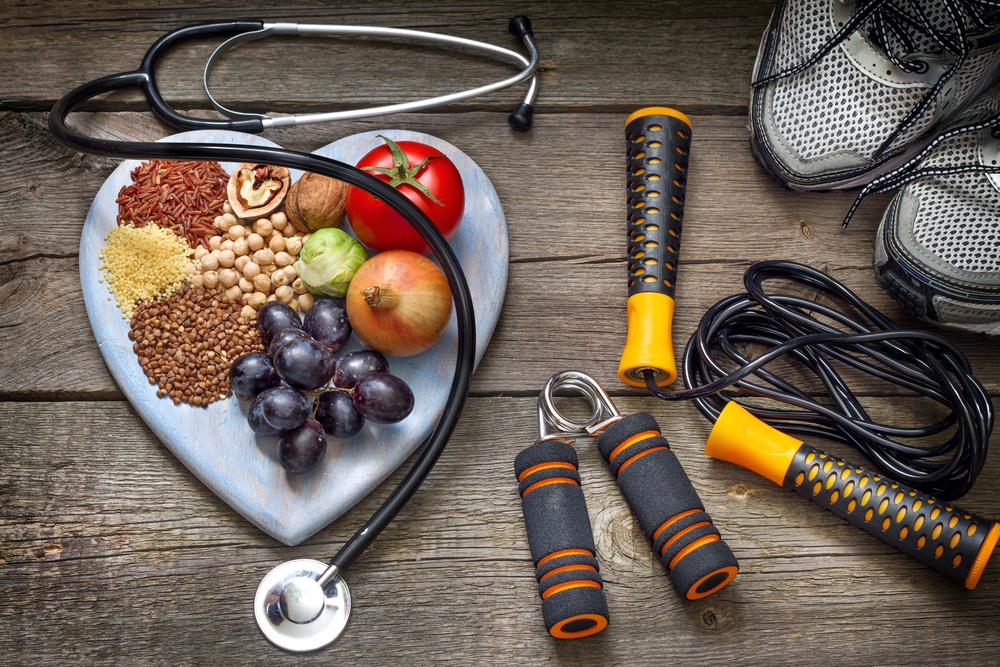In the U.S., about 30% of adults have high cholesterol levels. According to a new survey, most of them do not know how to manage it. Managing your cholesterol levels is just as important as being aware of it.
Understanding Your Cholesterol Levels
High cholesterol doesn’t have any symptoms, which is why you need to visit your doctor regularly. The only way to test cholesterol is through a blood test, unlike blood pressure.
There are three different types of cholesterol to be aware of:
HDL: high-density lipoprotein is “good” cholesterol that helps in the removal of LDL cholesterol. HDL cholesterol decreases your risk of heart attack and stroke.
LDL: low-density lipoprotein is “bad” cholesterol that clogs the arteries and leads to heart disease, heart attacks, and strokes. LDL cholesterol comes from unhealthy, fatty foods.
Triglycerides: triglycerides are a type of fat that can begin to block blood flow in the arteries. Obesity and being overweight leads to a higher risk of increased levels of triglycerides.
Here’s what healthy cholesterol levels are:

Managing Your Cholesterol Levels
The next step after understanding your cholesterol levels is managing your cholesterol levels. If you cannot manage them, knowing about them isn’t quite as effective.
The American Heart Association (AHA) surveyed 800 Americans who had a history of heart disease or at least risk factor such as high blood pressure or cholesterol or type 2 diabetes.
The survey showed that 47% of the participants had not been to the doctor within the last year to get their cholesterol checked. About 21% of participants with high cholesterol as a risk factor had not had their cholesterol checked in the past year.
Another finding was that doctors prescribed medicine 79% of the time, exercise 78%, and changes in diet 70%.
Most of the participants recognized the importance of managing their cholesterol levels but did not know how to do it. Even though their doctors are making recommendations, they are not sure how to best treat their high blood pressure.
Diet and exercise are the two most important changes you can make in your daily routine. Most people with high cholesterol eat unhealthy foods regularly and do not exercise enough.
Learn More Ways to Lower Your Cholesterol
Eating homemade, nutritious meals instead of fast food or takeout will dramatically benefit your overall health. Cutting out fatty and fried foods will help to naturally decrease your cholesterol levels.
Make sure to exercise at least 5 times a week for 30 minutes a day. Exercises need to elevate your heart rate and cause you to break a sweat.
Medication may be necessary, but making these changes will be just as beneficial to your heart and body.
Resources
http://www.healthline.com/health/high-cholesterol/levels-by-age#in-children3

